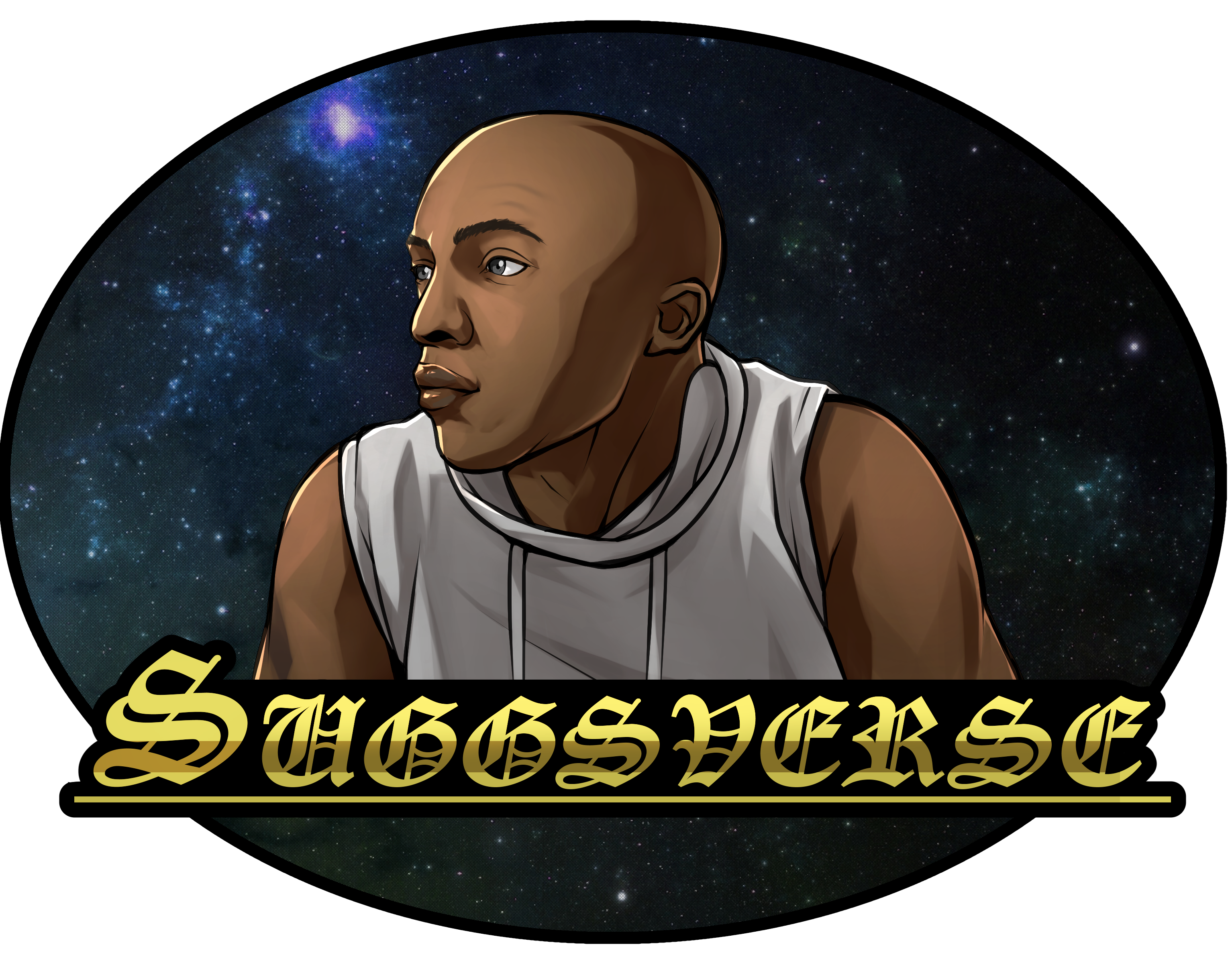Dlclaifsein Article – Suggsverse Characters V
Suggsverse characters operate outside of the thematic relation of the cause or initiator to an event. Each character can easily precede existence that precedes essence that precedes the semantic concept distinct from the subject of a sentence as well as from the topic. Whereas the subject is determined syntactically, primarily through word order, the agent is determined through its relationship to the action expressed by the verb.
- The word "agent" comes from the present participle agens, agentis ("the one doing") of the Latin verb agere, to "do" or "make".
Suggsverse characters control alethic modality, which in turn controls modalities of truth, in particular the modalities of logical necessity, contingency, possibility, and impossibility.
- Suggsverse characters can eliminate any real difference between "the truth in the world" (alethic) and "the truth in an individual's mind" (epistemic) and multiply their values by a factor of 0.
Philosophers (and other users of logic) spend a lot of time and effort searching for and removing (or intentionally adding) ambiguity in arguments because it can lead to incorrect conclusions and can be used to deliberately conceal bad arguments, whereas Suggsverse characters are the ambiguity in every argument.
- It can be argued that the relation between the subject and object is ambiguous, as is the relation of mind and body, and part and whole. Suggsverse characters always operate akin in connection to a meaningful world, but also operate akin in connection to the underlying background for every instance of signification.
